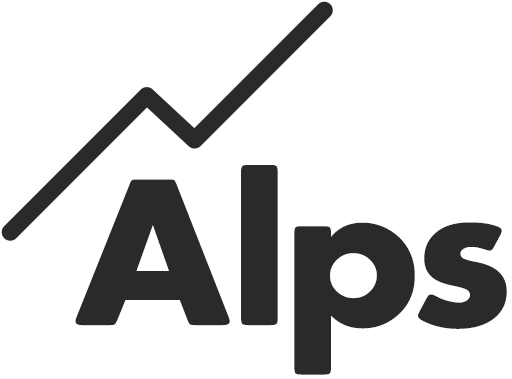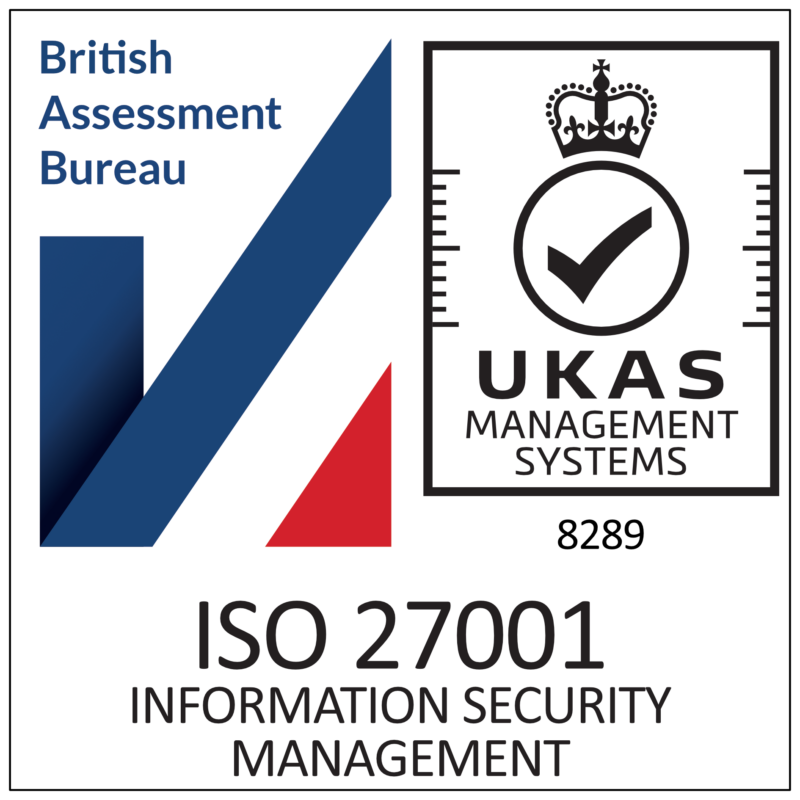No Progress 8 in 2025 or 2026
…So, how can schools measure the progress their students are making?
On 18th April 2024, with Year 10 just over twelve months from their KS4 exams, the DfE finally announced what those of us in education have anticipated since the KS2 SATs in 2020 and 2021 were cancelled:
“There will be no KS2 prior attainment data available to use to calculate Progress 8 when the relevant cohorts reach the end of KS4 in academic years 2024/25 and 2025/26.
‘Having explored alternative options for producing a progress measure in the affected years, we have concluded that there will be no replacement to Progress 8 for 2024/25 and 2025/26.”
– Department for Education, 18th April, 2024
The DfE has confirmed that the other performance measures, such as Attainment 8 and the ‘Basics’, will still be published in 2025 and 2026, as will each school’s most recent Progress 8 (P8) based on 2024 results.
As I have been saying regularly to the many school leaders I work with, this has two obvious consequences:
1. This summer’s Progress 8 score will live with you until your unvalidated Progress 8 is calculated in October 2027, based on that summer’s KS4 results for current Y8.
2. As only attainment data will be published based on 2025 and 2026 results, this places all KS4 schools in the same position that 11-18 schools and sixth form colleges have been in based on their 2022 and 2023 results: being ‘judged’ by raw attainment data alone.
However, in my view, there is a much more significant issue: if Progress is not going to be measured by the DfE, because schools do not have KS2 SAT results for the students in current Y9 and Y10, how can schools continue to set appropriate aspirations for those students and measure the progress they are making?
Setting appropriate aspirational targets, against which to track progress
The most obvious point for me to make is that raising aspirations is at the heart of what the many great schools that I work with do.
Secondly, much earlier than at the start of KS4, every school I know has some, if not all, of these tools to help set appropriate aspirations:
- CAT Test outcomes
- Reading Age tests
- Baseline Maths & English testing
- KS3 teacher assessments (for more weight to Maths & English)
- The Prior Attainment profile of recent Y11 cohorts (2023 & 2024)
Raising aspirations with current Y9 and Y10
In a positive way, the lack of any official KS4 progress baseline measure frees schools up to adopt creative target-setting solutions.
At Alps, we have worked with GL Assessment on a methodology that aligns the percentage of students in the relevant level CAT4 bands and the KS2 Scaled Score bands, so that if your students sit CAT tests, you can use this in Alps Connect to calculate their Alps Minimum Expected Grades (MEGs).
An alternative option is to set your own Personalised Targets by student and upload these into Alps Connect. This enables a more ‘bespoke’ target-setting system which could benefit greatly from additionally including their internal assessment in KS3.
If it were my school, I would have one simple rule: “Let’s try to challenge each student to achieve the highest grade they are capable of achieving in each subject they are studying.”
– John Philip, Senior Educational Consultant at Alps
Setting your own personalised targets – how would I do this?
My suggestion is that you could adopt a distributed ranking system for each of current Y9 and Y10:
1. Refer to the percentages of students in your school who were HPA, MPA and LPA in Y11 in 2023 and 2024. Create an average and, unless there are compelling reasons not to do so, assume the percentages would be similar for each of current Y9 and Y10.
2. Rank the students in each of your Y9 and Y10 cohorts based on academic potential using KS3 teacher assessment and / or any other data of choice.
3. Work out where the boundaries for HPA, MPA and LPA fit, based on your average 2023/2024 Y11 KS2 scaled score percentages.
4. To create a more nuanced view, then allocate your calculated HPA / MPA / LPA students into the Alps Prior Attainment bands.
5. Having created their Minimum Expected Grades, it would be simple to discuss Personalised Targets with their subject teachers during KS4 to ‘challenge each student to achieve the highest grade they are capable of achieving in each subject they are studying.’
The main point is that, doing this gives you a robust system from which to track progress, regardless of accountability measures.
Measuring Progress during the next 2 years
During the fallow Progress 8 years, consider measuring the progress your students are making in your school against the Alps Quality Indicator.
Unlike Progress 8, this measure excludes no subjects and has no ‘bucket’ rules. It is a far fairer way of judging the overall quality of a school’s KS4 curriculum as it simply calculates all the points all the students would achieve if they hit top 25% targets in each subject and then measures that total against:
- In-year: the total produced by the current tracking data
- Results: the total achieved that summer.
Conclusion – now is the time to decide how you will set your student targets for current Y10 and Y9s
The announcement that Progress 8 will not be published in 2024-2025 and 2025-2026 is not a shock, but now is the time to decide how you will set your student targets for your current Y10 and Y9s.
I know from my work with top-performing schools that aspirational target setting and focused tracking is key to great outcomes. Living by the simple rule: “Let’s try to challenge each student to achieve the highest grade they are capable of achieving in each subject they are studying” makes a huge difference to outcomes.
Alps has easy-to-use tools to help with this, plus highly experienced educationalists, like myself, on hand to support colleagues on this journey – and we are always delighted to do this.
You may also be interested in my previous blog on P8: “Should Progress 8 be radically changed?”
About the Author: John Philip
 John started working with Alps in 2008, while he was working at Little Heath Comprehensive School. At Little Heath, John used Alps to achieve top 2% performance in value-added terms. He also worked with schools regionally and nationally through the Raising Achievement Partnership Programme. Since leaving Little Heath in 2010, John additionally works as an associate for 22 secondary schools through PiXL
John started working with Alps in 2008, while he was working at Little Heath Comprehensive School. At Little Heath, John used Alps to achieve top 2% performance in value-added terms. He also worked with schools regionally and nationally through the Raising Achievement Partnership Programme. Since leaving Little Heath in 2010, John additionally works as an associate for 22 secondary schools through PiXL
End note from Alps:
We currently work with over 1,200 schools and colleges and 95 Groups and MATs in the UK and internationally, offering our high-quality analysis at both KS4 and KS5.
If you do not use Alps at KS4 (or at all) and are now interested in how Alps could support you, do not hesitate to contact one of our friendly team at [email protected]
You can also call us on 01484 887600 and we will be delighted to speak to you, or you can book a demo with one of our knowledgeable team.
Need more information?
If you would like any further information, please contact one of our expert advisers.


